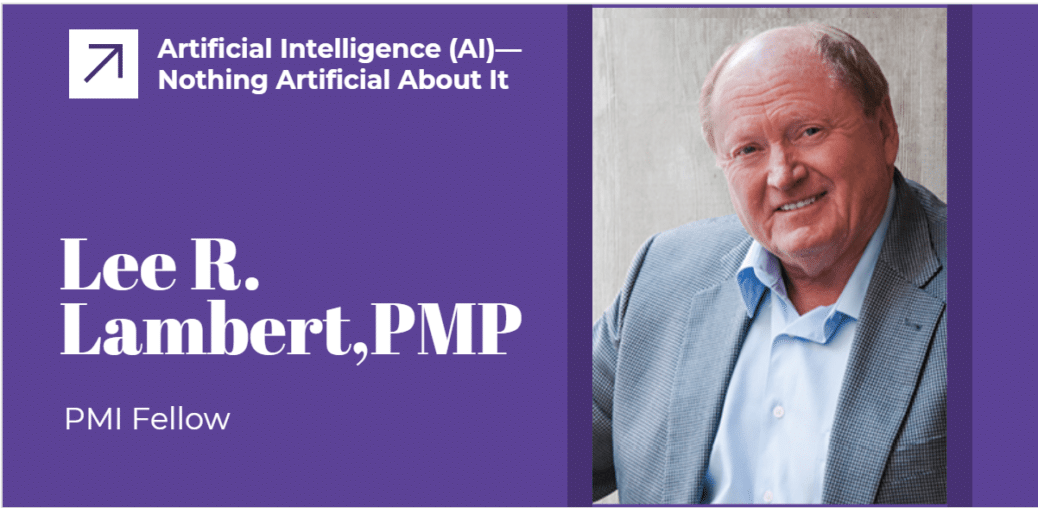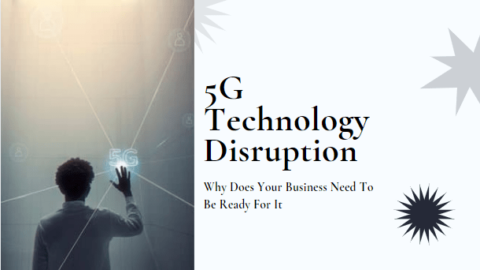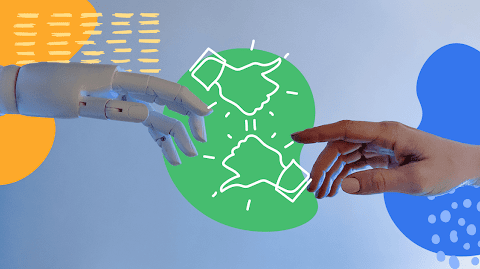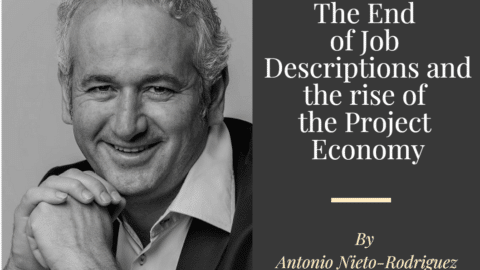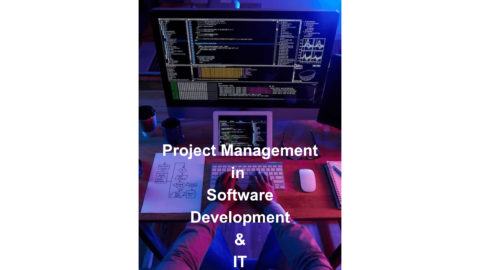Artificial Intelligence (AI)—Nothing Artificial About It
If you work in Project Management, the Artificial Intelligence (AI) you will use today is the exact same intelligence that you should have been using to deliver the outcomes you have been assigned. The ONLY difference is that the AI is the result of rapid information processing and projecting the old data. I have long championed the saying. “Whatever happened in the past will continue to happen in the future. Unless someone does something about”. Or, as Albert Einstein is often credited with saying; “Insanity is doing the same thing over and over again and expecting different results.”
Table of Contents
In this example the Project Manager is the “someone” who needs to do something about it. The beauty of AI is it will support your action significantly sooner. Therefore, providing much more time to take corrective action to assure the outcome is accomplished. I learned at General Electric in 1973 when I first met the Earned Value Management System (EVMS).
I figured out that a certain situation: I analyzed the project status after 30 percent of the time or budget had been expended and projected that continued level of performance. And I could create a snapshot of what the potential project status would be upon completion. Unfortunately, in 1973 the calculations to create that snapshot were done by hand with a Texas Instrument calculator. What I found was, if my manual calculations were accurate, after 30% of time or budget had been expended and my projected answer was based on same level of performance continuing at the same pace (20% overrun) the final cost would be at least 20% over budget. Typically using all of the EVMS bells and whistles to determine and forecast status. It would take hours of monotonous manual calculations.
AI in Project Management
Now, with AI these same calculations can be ready in seconds. And avoid any errors that often come with manual calculations. There are dozens of Portfolio Project Management (PPM) products to choose from in the marketplace. As it turns out, I was just ahead of my time. My career got a huge boost when I started telling senior level GE management what they could expect “at completion”. In case serious analysis and relevant corrective action is not in close future. One GE project (Clinch River Breeder Reactor) would save several $Million as a result of early recognition and corrective action. Now, with, AI any committed project manager can look like a genius by simply using AI project the truth in support of critical decision making. This project reporting process is no longer guesswork. Because it is real data, representing real status and a real prediction of the future.
If you are counting on AI to do the job of a project manager, think again. AI is great for repetitive efforts that can be accomplished as a result of machine learning. Even in many cases training activity can be enhanced using AI. But, as you know, projects are unique undertakings which result in no new project being the same as the one that preceded it. However, the project manager that capitalizes on the power of AI to dramatically improve the information base for timely decision making will realize substantial benefits from artificial intelligence.
AI in Past and Future
The phenomena of being able to predict the future was once the mystery of Gypsies and the skill of an individual who practiced Tasseography. But along came in-depth academic studies of the brain and the evolution of powerful computers and everything has changed. As the 16th President of the U.S. opined on predicting the future; “The best was to predict the future is to create it”!
Precognition, or super-natural knowledge of future events suggests an emphasis not upon mentally causing events to occur but upon predicting the occurrence which has already been determined (based on what happened in the past). l Like telepathy and clairvoyance, precognition is said to operate without recourse to the normal senses—sometimes referred to Extra Sensory Perception (ESP).
The study of the brain’s Visual Cortex and the Hippocampus have discovered why an experienced project manager often has the capability to predict the future pf his/her project in such a manner to shock others. And enable the realization of opportunities and avoidance of risks. While few project managers have this heavily experience based skill, the evolution of AI in project management has made it possible for any project manager who is willing to invest the time to understand the potential of artificial intelligence and to develop the confidence in its power can become an extraordinary soothsayer.
What About Potential?
Think about the potential. Using the power of the human brain combined with the power of a concept that was proven on May 11, 1997. When IBM’s Deep Blue computer defeated Garry Kasparov to claim the World Chess Title that is literally unstoppable. Can AI empower everyday project managers to be able to defeat the nemesis of a project? When it comes to managing uncertainty and predicting the future? Simple answer: YES! But these are not the limit to the potential value add of AI. You can also benefit when it comes to planning, change impact determination, learning curve extrapolation and human resource productivity.
In 1993 Lou Gerstner, who was hand-picked to replace Jack Akers and save IBM from a projected $8 billion loss. He gathered his IBM executives together and said something like, “This is where this train is going, if you want to jump on, you’re welcome to make the trip. If you don’t, there is the door”. Something similar is about AI to project managers, “If you want to benefit from AI’s power you are welcome. If you don’t there is a good chance you will be left behind!
Your decision!
Lee R. Lambert, has established the standard against which educators and practitioners in the field of Project Management are measured. As one of the founders of the original Project Management Institute’s (PMI)® Project Management Professional (PMP) Certification Program® (1981), he is an honored and distinguished member of the project management community. Recognized as a PMI Fellow (2009), Lee has trained over 50,000 students, in 23 countries, on the value-added use of the project management process and its associated tools and technique. His unique training style creates an optimal learning experience and a fun educational environment, and earned him PMI’s Professional Development Provider of the Year (2007).

